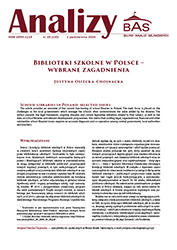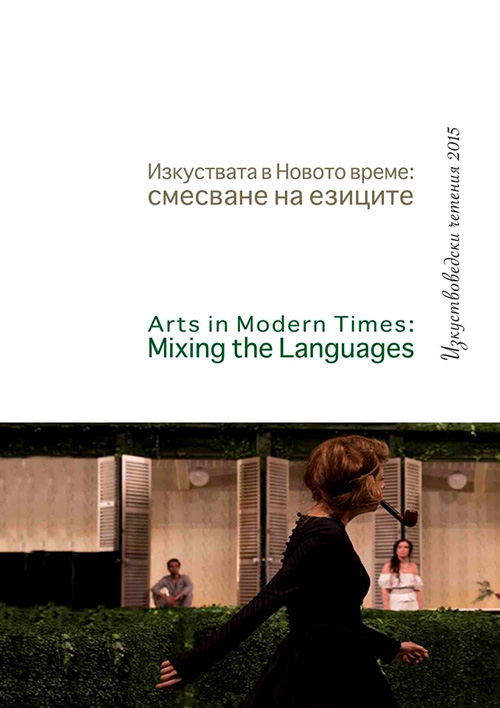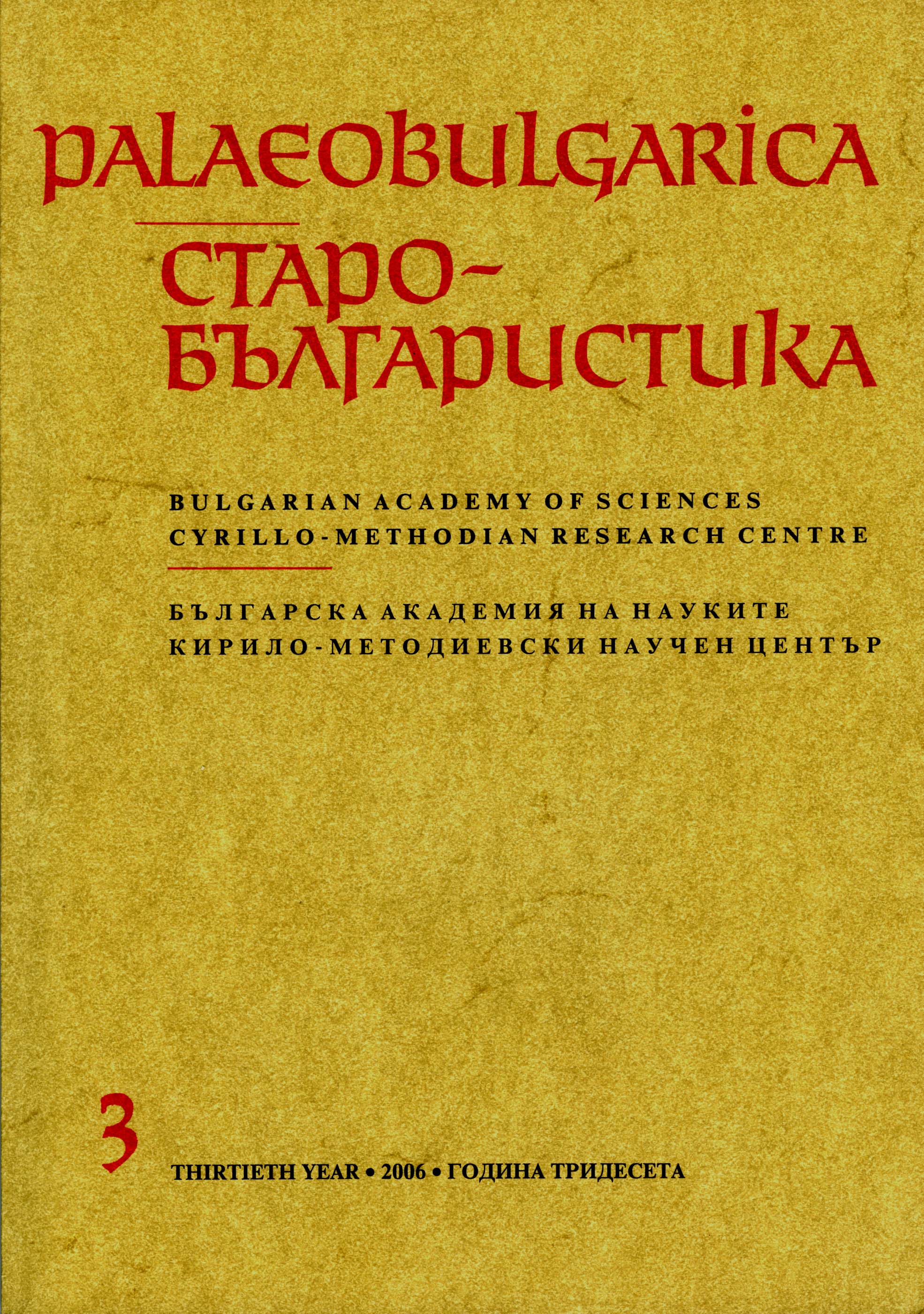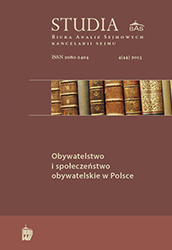
School libraries in Poland: selected issues
Biblioteki szkolne w Polsce – wybrane zagadnienia
Keywords: Poland; school libraries;
The article provides an overview of the current functioning of school libraries in Poland. The main focus is placed on the challenges as the local governments which manage the schools often underestimate the value added by the libraries. The author presents the legal framework, ongoing disputes and current legislative initiatives related to that subject, as well as the data on school libraries and relevant development programmes. She claims that tackling legal, organizational, financial and other substantive school libraries’ issues requires an accurate diagnosis and co-operation among central government, local authorities and teachers.
More...


